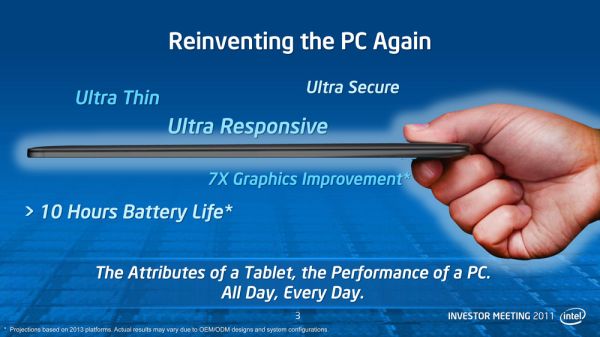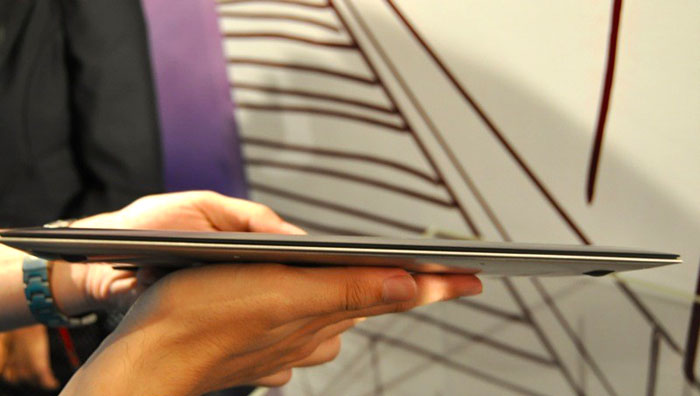Lawsuits are springing up throughout the smartphone industry, as rivals seek to protect their turf and slow down others in an extremely competitive market. There's a slew of patent disputes over all aspects of basic phone use, from the way a user swipes a touch screen to perform an action to the method a phone uses to extend battery life.
Competition among smart phone makers is heating up at retail, in advertising and, increasingly, in the courtroom as handset and software makers wield patent lawsuits to protect their turf and slow down their rivals.
Just a few years ago, smart phones were mainly for office workers who needed to check e-mail after hours. For most people, the Web browsers and other programs were too much trouble, and the data connections too slow.
Apple Inc. changed all that with the introduction of the iPhone in 2007. Its touch-sensitive screen and big icons made it easy to use. Its programs were designed from the ground up to work well on the small screen. And the sleek design made it an instant hit with consumers.
Even as competitors have rushed out copycat designs, the iPhone still sets the agenda.
But that throne is weakening. And as the other devices, including those running Google Relevant Products/Services Inc.'s Android system, catch up with the iPhone, smart phone makers are having a harder time standing out to consumers or persuading them to pay more for their devices.
In turn, that has prompted a slew of patent disputes over all aspects of basic phone use, from the way a user swipes a touch screen to perform an action to the method a phone uses to extend battery life. Nokia is suing Apple, Apple is suing HTC, Microsoft Relevant Products/Services is suing Motorola and more.
"In consumer electronics and related fields, it's a great challenge to earn a profit," said Bruce Sunstein, an intellectual property lawyer at Sunstein Kann Murphy & Timbers in Boston. "The way you can usually get profit is through innovation."
Smart phone makers must not only come up with novel features, he said, but must also stake claims to the technology behind them and thus reap the rewards in licensing fees.
Consumers shouldn't worry about buying or using any of those phones. Patent cases can take months or years to resolve -- sometimes longer than the life of these phones -- and disputes are often settled with licensing deals.
Ultimately, no one company will prevail. Rather, the results will determine how profits are divvied up among a vast number of players.
It's a pool of money that's growing as smart phone sales balloon. Research group IDC expects global smart phone shipments of 270 million in 2010, a 55 percent increase from last year. Read Full Article












0 comments:
Post a Comment